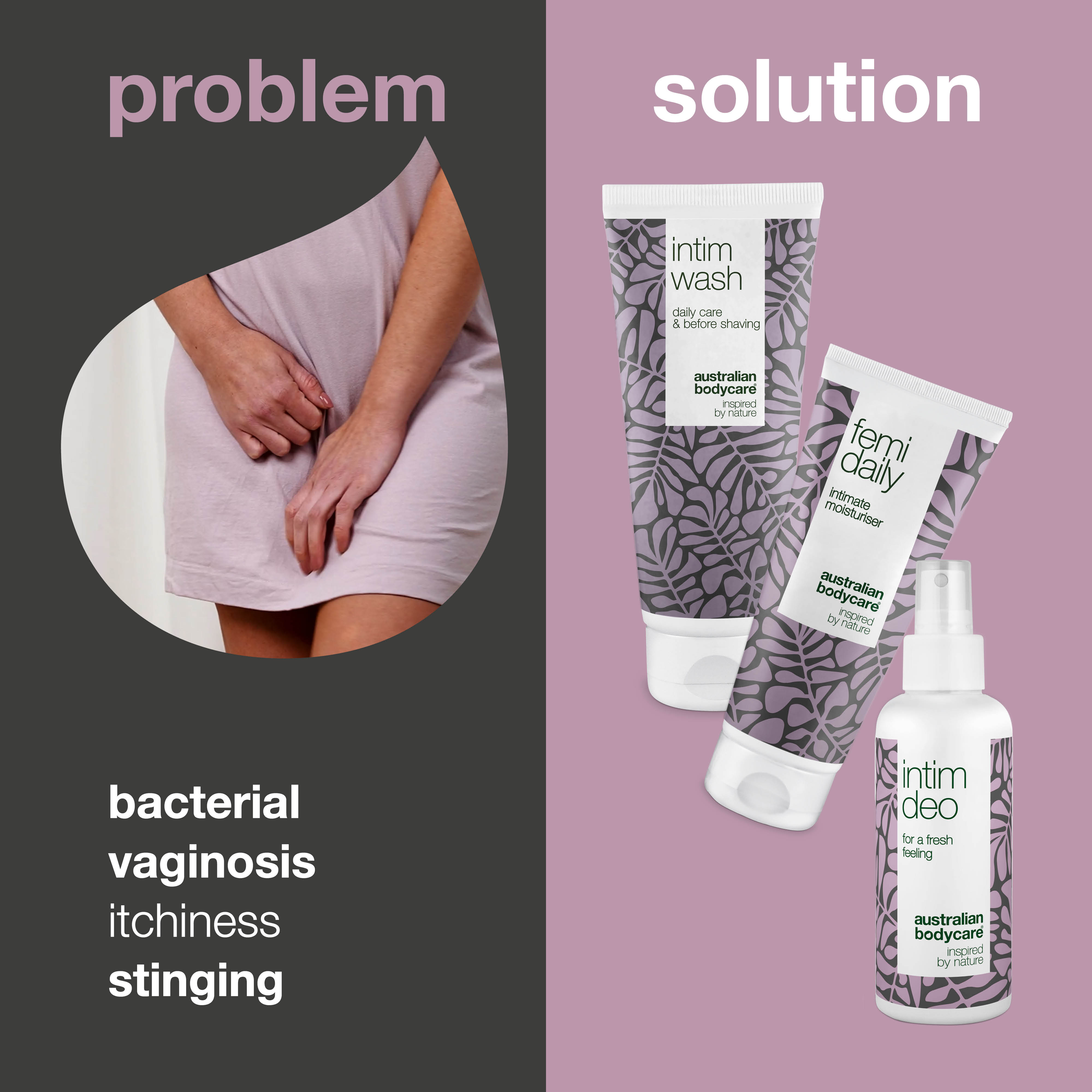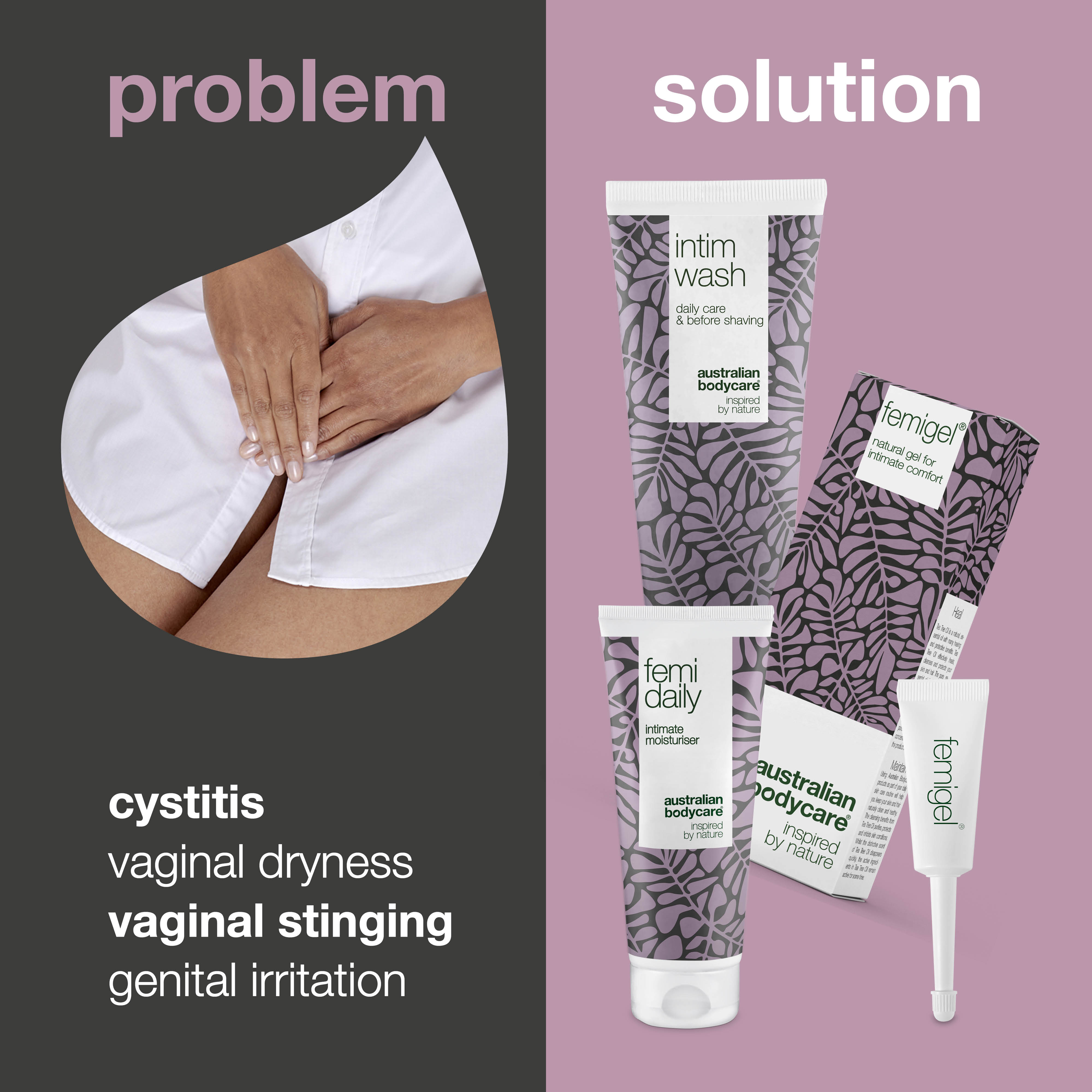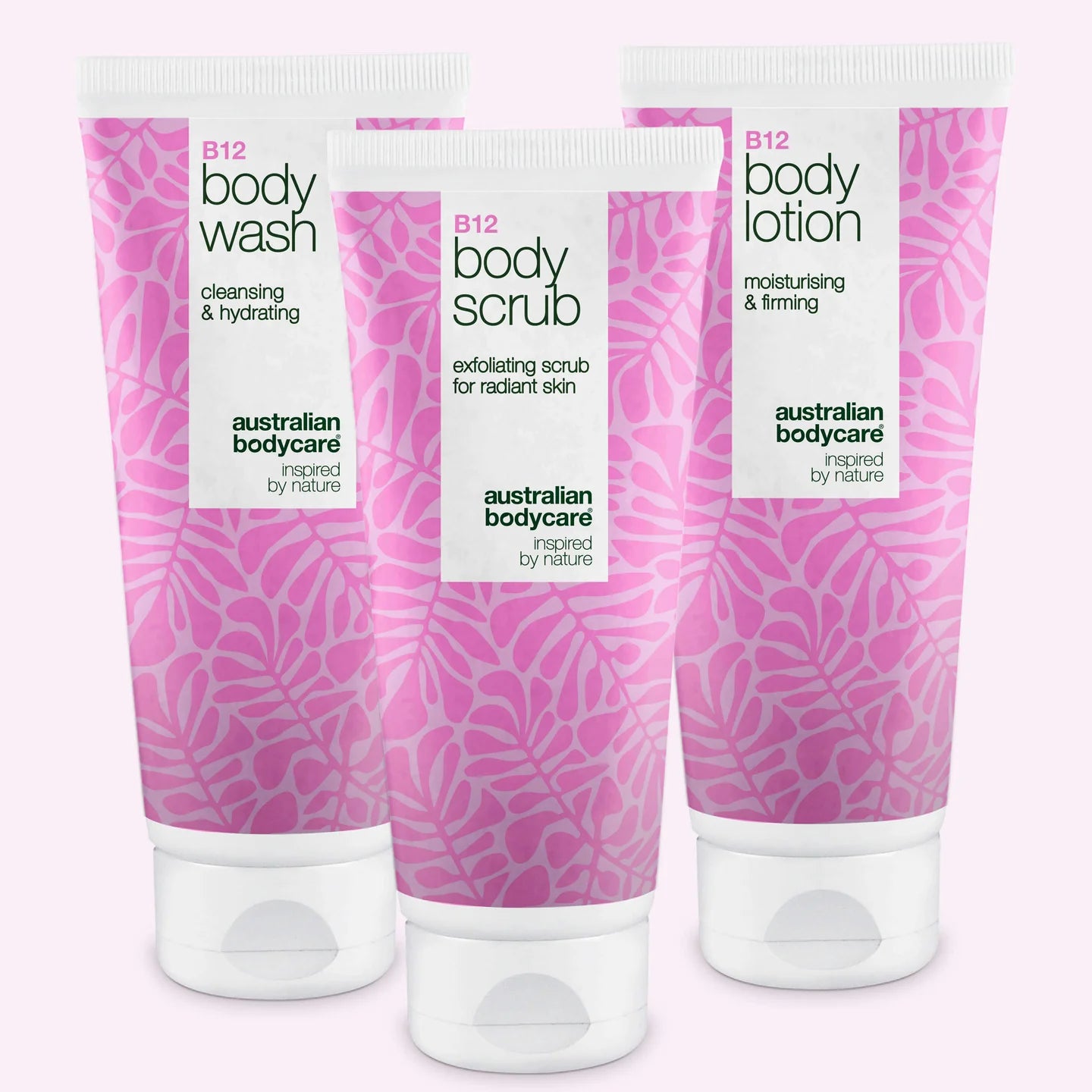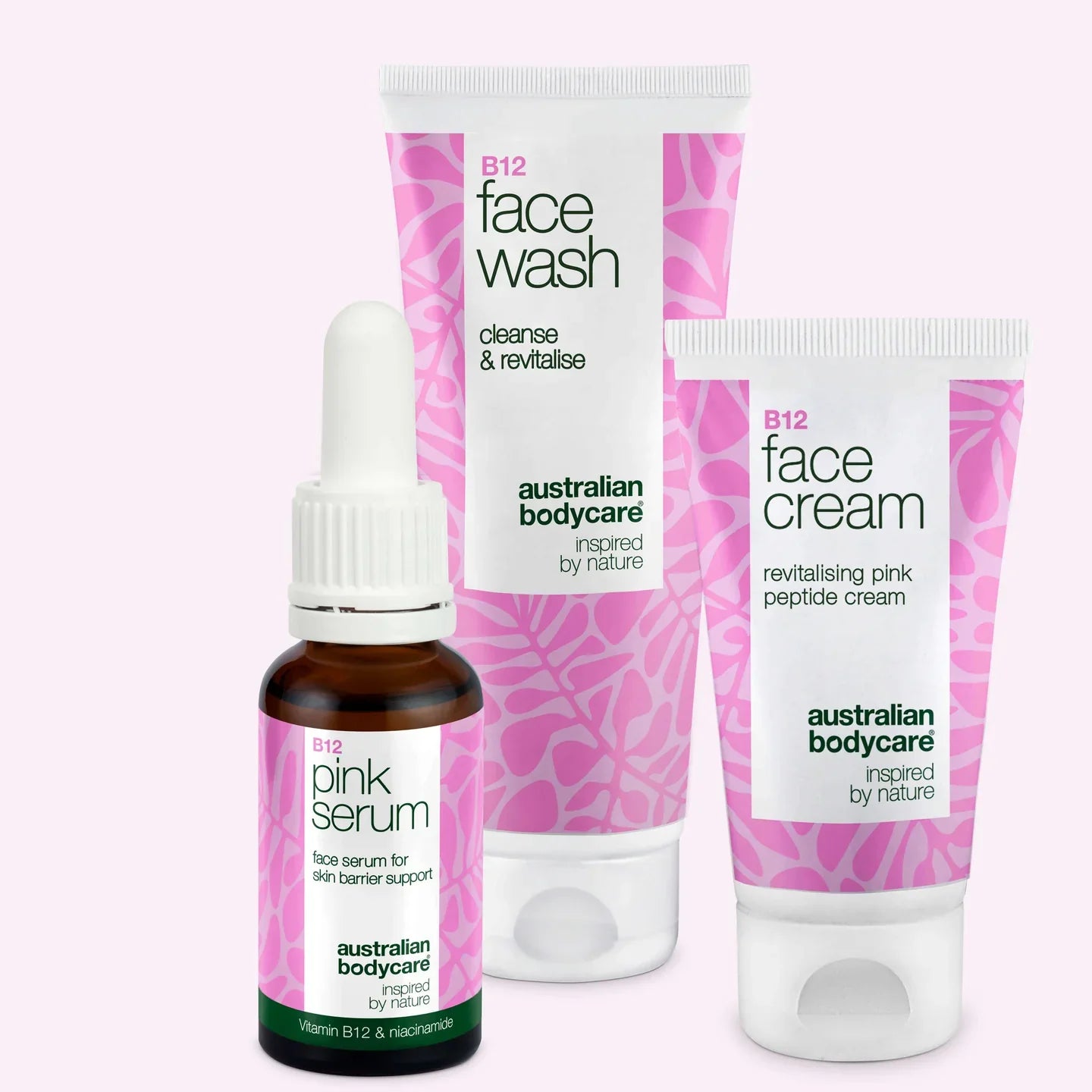Bacterial vaginosis – imbalance in the intimate area
Bacterial vaginosis is common, and is caused by imbalance in the intimate area. The condition can be prevented, and it can be treated with a vaginal gel or tablets. Read more here.
Table of contents
What is bacterial vaginosis?
Bacterial vaginosis is not a sexually transmitted infection, but is a designation for a disturbance of the balance in the bacterial flora of the vagina. However, sexual habits may play a part in the occurrence of bacterial vaginosis.
The condition is widespread among women aged 15-50, and 15-30 % find that it recurs, if they have had it once.
Why do you get bacterial vaginosis?
You get bacterial vaginosis because lactobacilli normally present in the vagina have disappeared. They have been replaced by other bacteria, which have spread in the intimate area.
These bacteria are also normally found in the vagina, but in smaller numbers than are found with bacterial vaginosis.
One of these bacteria is Gardnerella vaginalis, and the condition is sometimes called a Gardnerella infection.
The increased growth of these bacteria releases strong-smelling chemical substances, which can result in an unpleasant fishy odour.
Bacterial vaginosis is only seen in women with oestrogen-stimulated mucous membranes, which means women at the ages when they menstruate.
We do not know the reasons why some women get bacterial vaginosis, but frequent intercourse may trigger the condition. Other possible factors may be a new partner, sex between women, several partners, and douching.
Symptoms of bacterial vaginosis
Symptoms of bacterial vaginosis include discharge, which may appear greyish or yellow, and sometimes frothy, unlike fungus, which produces a white discharge more like cottage cheese.
The discharge can vary a little through the menstrual cycle, and is worst after intercourse. The smell is characteristically fishy. There may also be stinging or itching associated with bacterial vaginosis.
How do you test for bacterial vaginosis?
The discharge and odour associated with bacterial vaginosis is often distinctive enough for the doctor to recognise the condition quickly. Otherwise, the doctor can examine the vaginal discharge under a microscope to confirm the diagnosis.
As a rule, bacterial vaginosis will go away without treatment, because the body is good at restoring balance in the vagina itself. If you have bacterial vaginosis, but are not seriously troubled by the condition, treatment is not necessary.
However, if the symptoms continue and trouble you a lot, your doctor can prescribe antibiotics for you. You should avoid drinking alcohol during the treatment, because it can have the same effect as Antabuse. Partners do not need to be treated in connection with bacterial vaginosis.
If you use an IUD and have bacterial vaginosis frequently, you could try having the IUD removed to see if this improves the condition. You could try using condoms first, before deciding to have the IUD removed.
Is bacterial vaginosis infectious?
Bacterial vaginosis is not infectious between women and men, but it may be transmitted between women who have sex with other women.
A condom can protect you against bacterial vaginosis – also with a shared sex toy. Washing hands or using rubber gloves can prevent transmission between women.
Possible consequences of bacterial vaginosis
In pregnant women with a history of preterm birth, signs of bacterial vaginosis should be examined and treated, as the condition may increase the risk of premature rupture of the membranes and premature birth. Bacterial vaginosis is not considered a problem in other, healthy pregnant women.
Bacterial vaginosis can increase the risk of abdominal infections after a surgical abortion, and any symptoms of the condition must be treated in connection with a surgical abortion.
Treatment of bacterial vaginosis
About 30 % of cases of bacterial vaginosis clear up by themselves, due to the body’s natural defence mechanisms. If this is not the case, you should see your doctor.
The effects of treatment may not last long, however. About one in three women who have received treatment find that they need treatment again after a few months.
Even though non-antibiotic treatments are available, your doctor will very probably prescribe antibiotics to treat bacterial vaginosis.
Bacterial vaginosis can be treated with metronidazole or clindamycin as tablets or vaginal gel. There is no difference in the effect of these treatments, but there is a greater risk of relapse after shorter courses of treatment. In spite of effective treatment, relapse is seen in about 30 %.
There is no documented effect from treatment with lactic acid preparations or lactobacilli.
There is no documented effect from treatment of male partners.
The alternative to antibiotics is to use natural products which restore the pH balance in the vagina, and which have few side effects or none, but enable the beneficial bacteria to re-establish the balance in the flora of the vaginal environment.
General daily intimate hygiene is important
If you are troubled by itching, dryness, odour and irritation in the intimate area, it is your body's way of calling for help. You can find help with the intimate problems in this intimate pack with Femigel and Femi Daily. Symptoms in the intimate area can be both embarrassing and very uncomfortable, and call for daily intimate care.
Femigel and Femi Daily both give your skin the care it needs to get rid of intimate discomfort. Together, the products work as first aid, so that you feel clean and fresh in that area. Femigel and Femi Daily are pH regulated to help you recreate a healthy and natural environment in the intimate area. Femi Daily is a natural gel for daily intimate care, in precisely the same way as you would use a body lotion daily on your body.
To achieve optimal results, we advise using Femigel twice a day to get the best effect. Then you can with advantage use Femi Daily once or twice a day to achieve the best effect. The products are suitable for daily use, as they contain 100% natural active substances.









